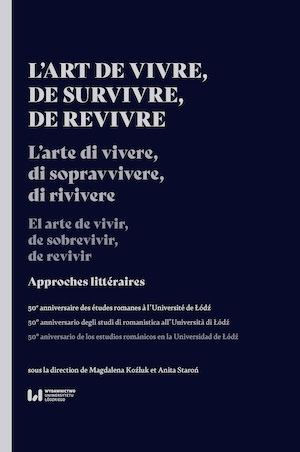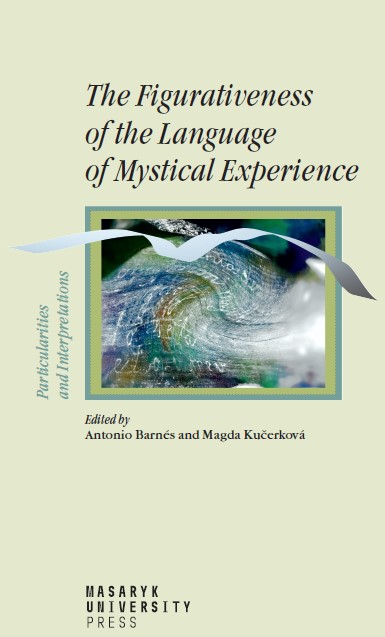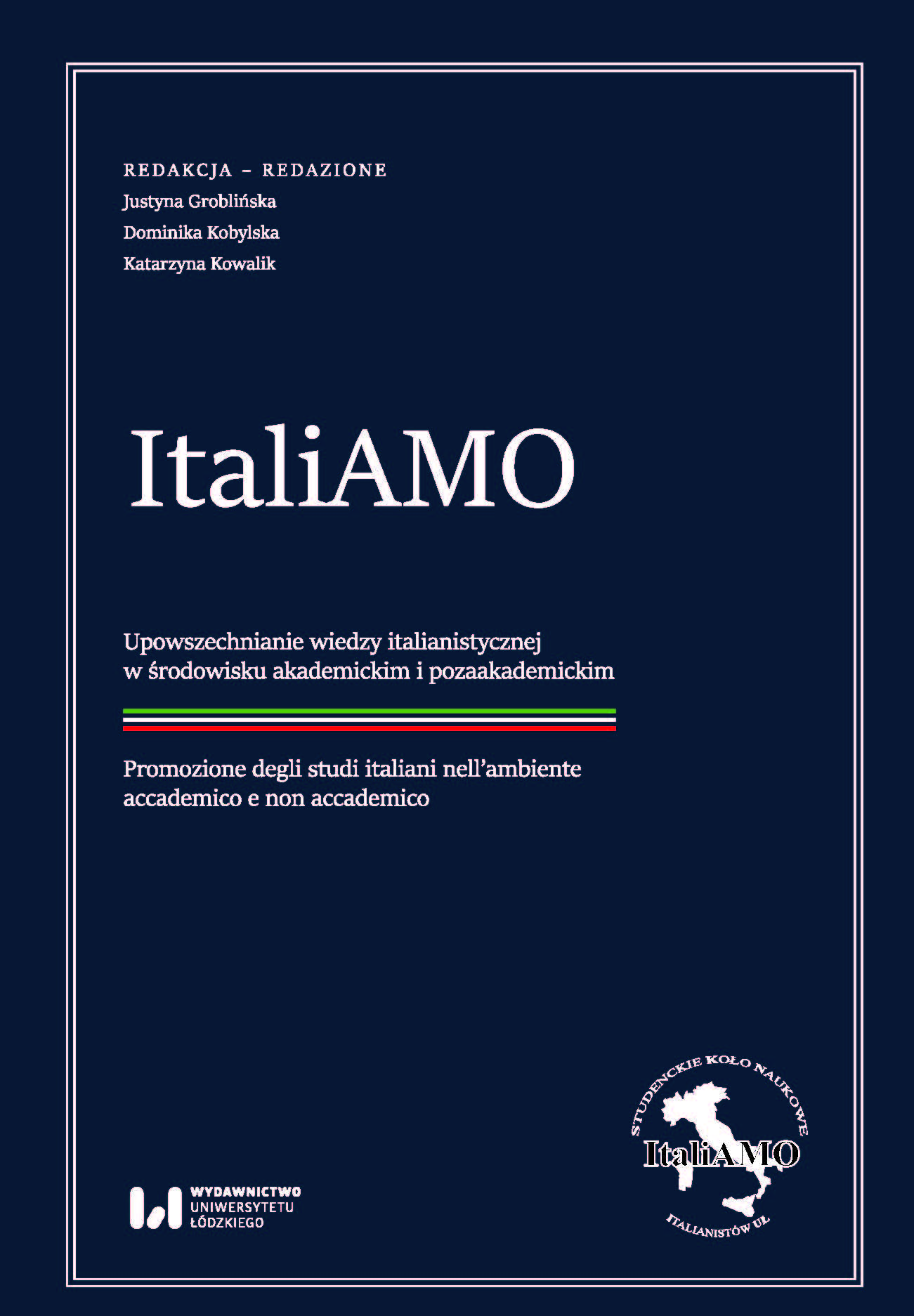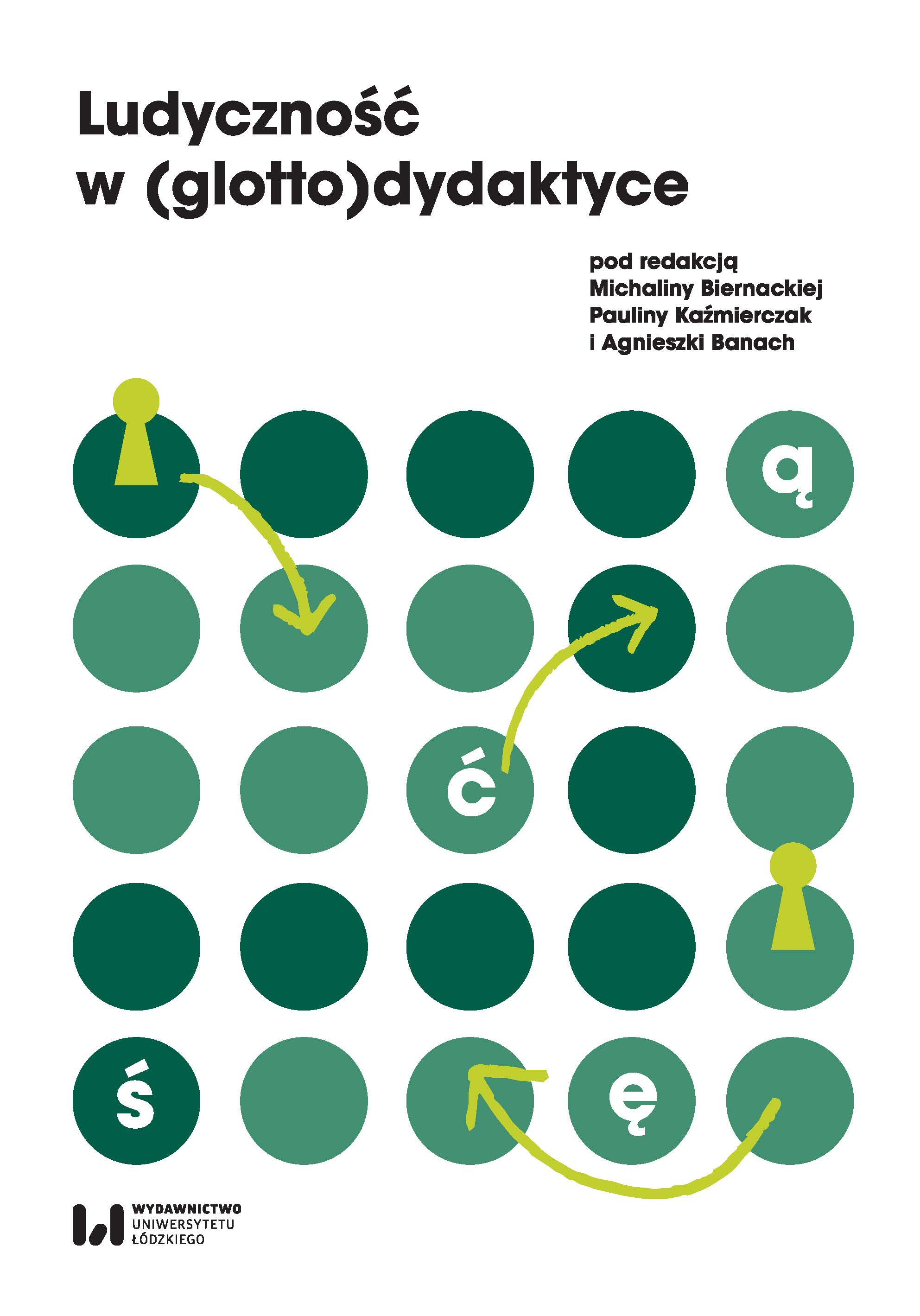Author(s): Mirza Mejdanija / Language(s): Bosnian
Publication Year: 0
In his novel Betrothed, Alessandro Manzoni introduces the historical character Marianna de Leyva, whom he renames Gertrude. She is an abbess in the monastery in Monza where Agnese and Lucia find refuge after fleeing their village. Marianne de Leyva was Countess of Monza during the reign of Filippo III di España and governed the territory of the monastery. She was the daughter of Martin de Leyva, an influential Lombard prince. Her mother, Virginia Maria Marino, died of the plague in Milan when the girl was very young, leaving her property in divided equally among her children. Then a series of legal frauds and controversies arose, which aimed to deprive little Marianna of her inheritance. As a result, she was sent to the monastery of Santa Margherita in Monza, where she lived in a small secluded apartment and collected taxes and was informed about the problems of the inhabitants of Monza. She was arrogant and haughty. She often bullied other abbesses. The criminal Gian Paolo Osio, whose house was right next to the monastery, seduces her, and they begin a long-term love affair. A scandal arises when a nun threatens to reveal them. Osio kills her, and also tries to kill two of Gertrude’s colleagues. He was sentenced to death, and Gertrude to be walled up alive in a cell. By order of Cardinal Federico Borromeo, she was transferred to the house of the Convertite di Santa Valeria in Milan, where she spent fourteen years walled up in a small room, where she repented. Manzoni takes this story from Ripamonti from Historia patria, and presents it verbatim in Fermo e Lucia. In Betrothed, however, he partially changes the historical plot and adapts it to his own narrative needs. This shows the author’s poetics, according to which he does not want to present evil in a direct way, because he does not want to make it attractive to the reader. The events related to Marianna are an example of the evil in which the Italian ruling class of the 17th century became entangled, when forced monasticism was a completely normal phenomenon, which contradicted the principles of the authentic Catholic faith.
More...






